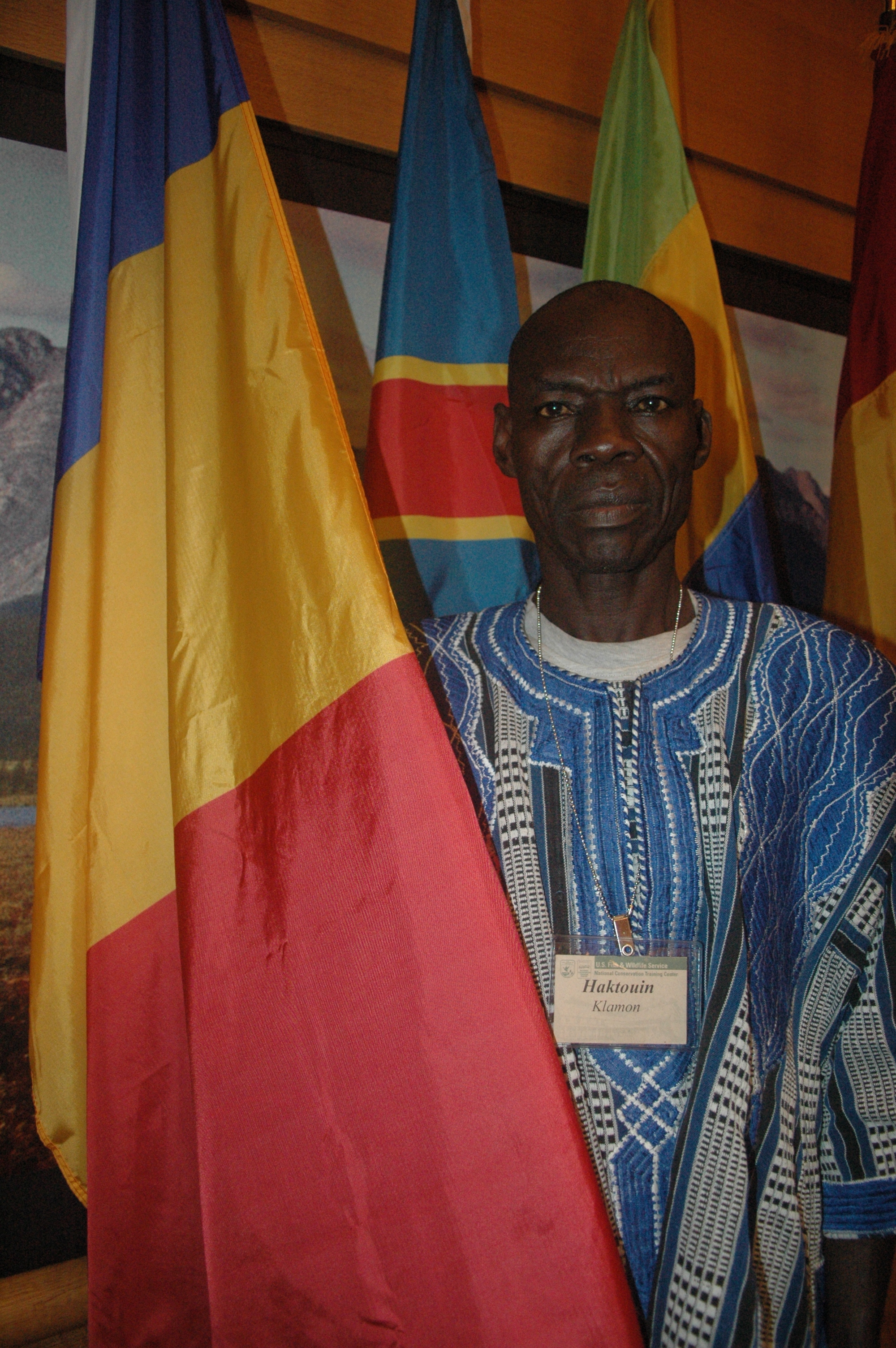DENVER – African wildlife protectors began their whirlwind two days of training and travel in Colorado not in the gleaming skyscrapers of one of America’s fastest growing cities but in a modest two-story brick building housing its oldest restaurant.
Called the Buckhorn Exchange, the establishment is famous for its taxidermy – 575 mounts including giant buffalo, big horn sheep and deer staring out from the walls – its gun collection, and its history. Founded in 1893 by Henry H. “Shorty Scout” Zeitz, a scout to Buffalo Bill Cody, the site has fed and watered miners, railroaders, cattlemen and more as well as five U.S. presidents, movie stars, astronauts and other luminaries making the pilgrimage here.
Dave Hubbard, who manages the U.S. Fish & Wildlife Service’s international operations unit, welcomed the group to Denver and the American West.
“For us as Americans, this is how we identify ourselves…This is also where thousands of years ago, if you could look down from an airplane, it would be black with buffalo. We killed every one of them. But we brought them back.”
Hubbard noted that President Theodore Roosevelt, who he called the greatest conservation president and the person who came up with the North American model of conservation, ate dinner here in 1905, an event described on the restaurant’s website.
“Roosevelt strutted in presidential style, asked old Shorty Scout to be his guide and hunting partner, and after dinner and drinks, the pair took off by train to hunt big game on Colorado's western slope.”
On this night, wildlife officials from 17 African countries attending the International Conservation Chiefs Academy and tucked into steaks and quail and listened as Heather Dugan, assistant director for law enforcement and public safety for Colorado Parks and Wildlife, laid out the details of what she called one of the most egregious wildlife poaching cases.
A joint investigation by Colorado Parks and Wildlife, the Utah Division of Wildlife Resources, and the U.S. Fish and Wildlife Service led to hunting outfitter and guide Christopher W. Loncarich of Mack, Colorado, receiving a sentence of 27 months in prison with 3 years probation and loss of hunting and fishing privileges during probation.
Loncarich and his associates illegally captured and maimed mountain lions and bobcats in order to make taking the cats easier for their paying clients. The investigation uncovered about 18 clients since 2004 who had taken part in the illegal killing of more than 30 mountain lions and bobcats.
“What I appreciate is for all of us to learn from each other and collaborate on poaching cases such as this,” Dugan told the African conservation officials.
They are in the United States for two weeks to train and build relationships with their American counterparts to address global wildlife trafficking, which soared from $53 billion a year in 2011 to $213 billion in 2014.
While visitors including Kobus De Wet of South Africa seemed shocked by the sentence given Loncarich and criticized it as too lenient, they appreciated the choice of venue.
De Wet, national head of environmental crime investigation in South Africa’s national parks, said the buffalo mounts reminded him of his own country’s story of wildlife extinction and introduction.
“There was not a single rhino in Kruger (National Park) in the 1950s. We started with a rhino program and now we’ve got 8,000 white rhino and 500 black rhino,” he said. “So it’s interesting to me.”
“There’s a lot of history in that building so it makes it special to have it there,” he said.






